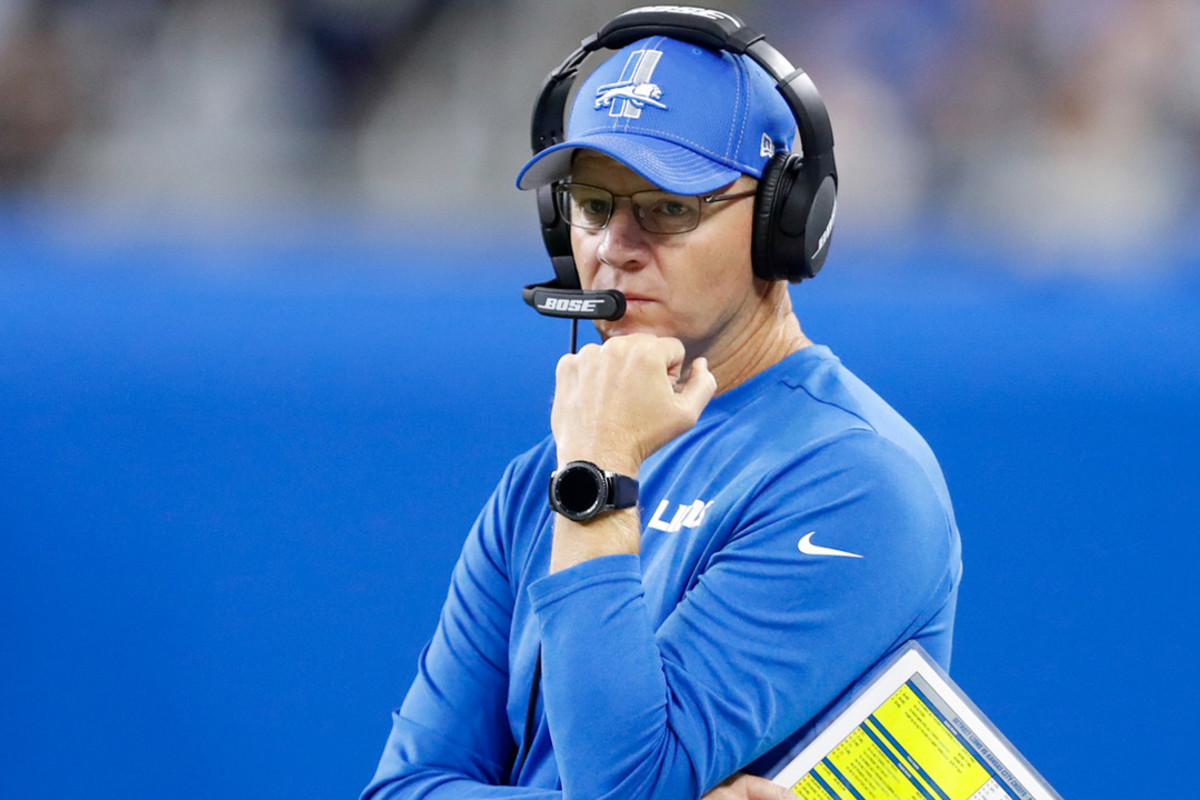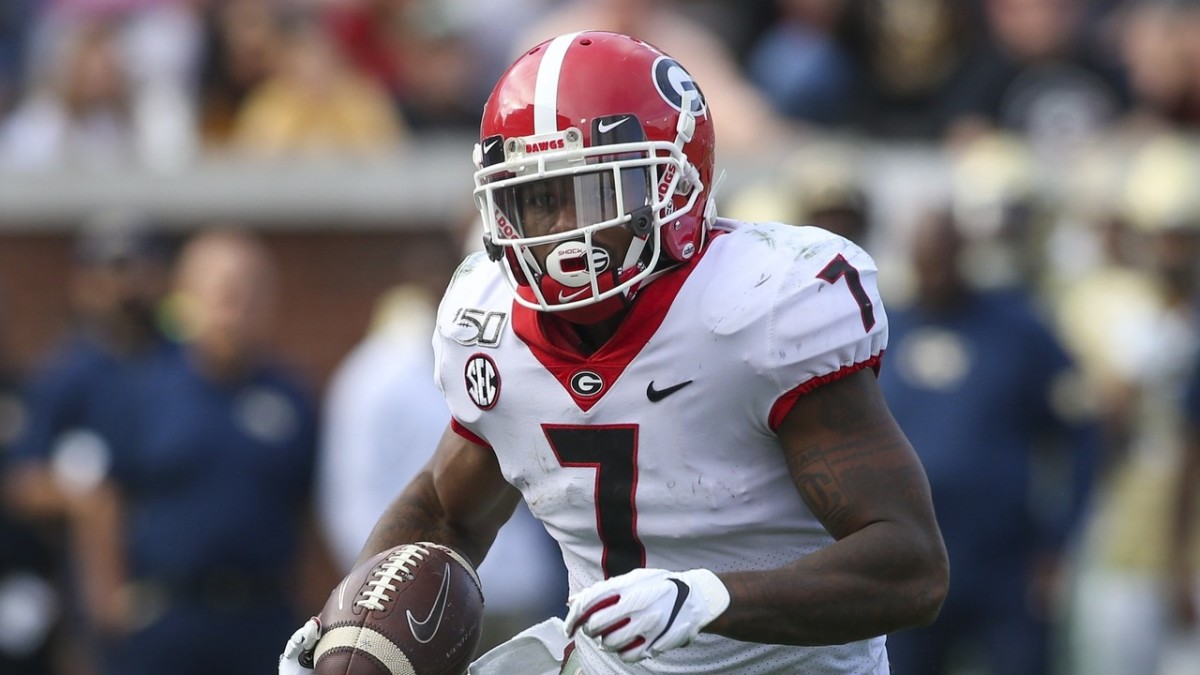Darrell Bevell is the Clear Leader of Lions' Offense
The Lions failed to experience many positives amid a dismal 3-12-1 finish a season ago.
The defense was at the forefront of the team's struggles, unable to get pressure on opposing quarterbacks all season long and allowing a league-high 284.4 passing yards per game.
However, from an offensive perspective, the team made strides through the air despite the fact that franchise passer Matthew Stafford missed half the season with a back injury.
The team's improvements were a large credit to the organization's offensive coordinator in 2019, Darrell Bevell.
Stafford and Bevell formed an extremely strong player-coach connection, which was one of the lone positives for the franchise this past season.
In 2018, Stafford & Co. were just 20th in passing yards (3,576) and 22nd in touchdowns via the passing game (22).
The disappointing results led to the end of Jim Bob Cooter's tenure in the Motor City as offensive coordinator.
Enter Bevell, the ex-Seahawks offensive coordinator who called plays for Seattle from 2011-17.
He helped catapult the Lions' passing game into the top 10 in both passing yards (3,900) and TDs (28) during the '19 campaign. Detroit, in fact, finished No. 10 in both categories.
His hiring by Detroit general manager Bob Quinn in January of last year, however, was met with a significant lack of fanfare. And this was the case even though his time in Seattle was marked by a high degree of success.
The Seahawks' rushing attack ranked in the top five in four of Bevell's seven seasons calling plays, and it was the top attack in the league in 2014 with Marshawn Lynch as the featured back.
He was also Seattle's OC for its back-to-back Super Bowl trips during the 2013-14 seasons, which included a Super Bowl victory in the first of the two appearances.
However, he'll always be remembered for the call he didn't make at the end of Super Bowl XLIX against the New England Patriots.
He famously decided not to have Seahawks quarterback Russell Wilson hand it off to Lynch on the goal line with 26 seconds remaining. Wilson proceeded to throw an interception in the end zone, which clinched the victory for New England.
Seattle fans are still reeling from that loss, and are likely never going to forgive Bevell for his decision to call a pass play when he could have deployed the powerful Lynch from one yard out.
As for Lions fans, the play-call has likely slipped from the memory bank—at least a little bit—after Bevell's success in year No. 1 in Motown.

It begs the question: What's on tap for him and Detroit's offense in 2020?
Fans are hoping for the same level of productivity out of Stafford—just over a full season—and for improved play from the ground game.
Stafford, who's going into his 12th year in the league, threw for nearly 2,500 yards in just eight games a season ago (2,499 to be exact).
If Stafford's truly healthy and with him and Bevell getting another year to work together, the QB should be on track for his first 4,000-plus yard passing season since 2017. He threw for at least 4,257 yards each season from 2011-17.
The run game should be improved in Bevell's second year on the job, too.
Quinn went out and drafted two running backs in this past April's NFL draft, including former Georgia standout D'Andre Swift in the second round and New Mexico State product Jason Huntley in the fifth round.
Swift, at the very least, should serve as a nice complementary piece to Lions' incumbent No. 1 back Kerryon Johnson, and Huntley could serve as the fourth back on the depth chart and as a special teams ace with his ability to return kicks.
Having Swift in the fold should also allow Johnson to remain fresh and to have a better chance of staying healthy over the course of a full season—something the Auburn product hasn't managed to do yet entering his third NFL season.

Subsequently, Bevell has more weapons to work with in the backfield, which should allow him to more easily implement and sustain a run-heavy offense.
Opposing defenses, in the process, will have to focus more of their attention on stopping the Lions on the ground.
And if that's the case, the passing game should open up for Stafford, allowing him to more freely have his way against secondaries on a regular basis.
Considering everything, if Detroit's core offensive players manage to stay healthy, including the receiving trio of Kenny Golladay, Marvin Jones Jr. and Danny Amendola, the Lions have a chance to have a prolific offense in 2020.
And Bevell, as the man calling the shots, would receive the bulk of the credit for it.
